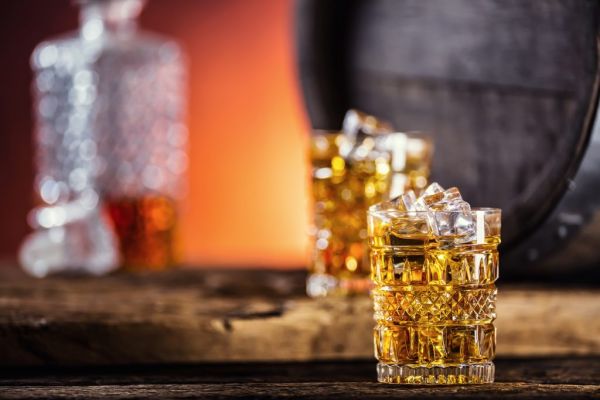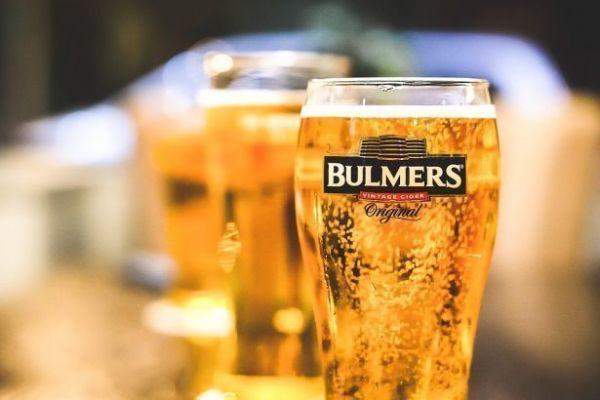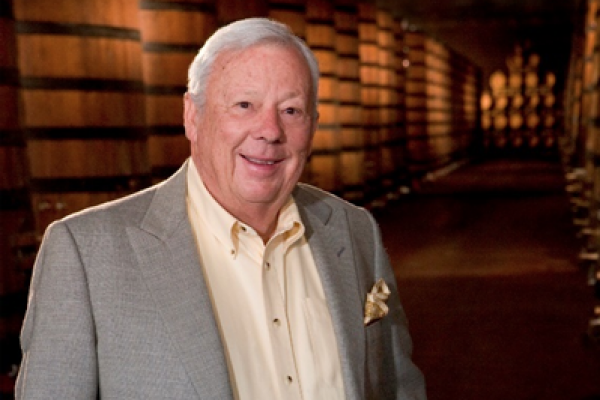Irish consumers pay the second-highest overall excise tax on alcohol in the EU: the highest on wine, the second highest on beer, and third highest on spirits, a new survey shows.
Despite its prominent drinks industry, Ireland ranks second in the ‘Big 4’ of EU excise tax on alcohol, behind Finland and ahead of Sweden and the UK, a new Drinks Industry Group of Ireland report, Excise Tax Rates in Europe: How Ireland Compares in 2019.
The report which was authored by Dublin City University economist Anthony Foley, showed that despite the fact that Ireland is renown for the production of some of the world’s most popular drinks products, the Irish government levies a tax bill of €12 on a bottle of off-licence-bought Irish whiskey and 54 cents on a pint of Irish stout served at a pub, restaurant or hotel.
Irish Spirits Abroad
In terms of excise tax, Italian tourists pay four times less excise on a bottle of Irish whiskey in an Italian supermarket than they would if purchasing it for the Irish distillery that produced it.
In France and Germany, countries equally renowned for their drinks industries, excise tax rates on wine and beer are far lower.
The report showed that a shopper in France pays just three cents in excise on a bottle of Cabernet Sauvignon, while a patron at a German beerhall pays five cents in excise on every pint of lager.
Hampers Growth
The drinks and broader hospitality sector employs 175,000 people, or nearly 8% of the Irish workforce, the report highlighted, with many of these jobs are located outside Dublin.
“A high alcohol tax arbitrarily hampers the growth of one of our most promising, fastest growing sectors, much of which is located outside of Dublin. It also seriously endangers some of our most vulnerable businesses,” said Rosemary Garth, chair of DIGI and director of communications and corporate affairs at Irish Distillers.
However, drinks and hospitality businesses in rural Ireland, particularly local pubs and restaurants, have been hit by rising operational costs, an increased VAT rate, a relatively slow post-recession recovery, and the economic uncertainty of Brexit.
“If the UK and EU fail to agree a withdrawal deal, which looks increasingly likely, Brexit will prove disastrous for rural Ireland. Sterling will sink closer to parity with the euro, making Ireland a less affordable destination for British tourists, who comprise our single largest tourism market,” she said.
Garth also highlighted that duty-free pricing at UK airports and cross-border shopping will lead to consumers in the Republic making larger drinks product purchases outside of the country.
"That, of course, means indigenous retailers and hospitality businesses will lose out." She added.
© 2019 Checkout – your source for the latest Irish retail news. Article by Donna Ahern. Click sign-up to subscribe to Checkout.









